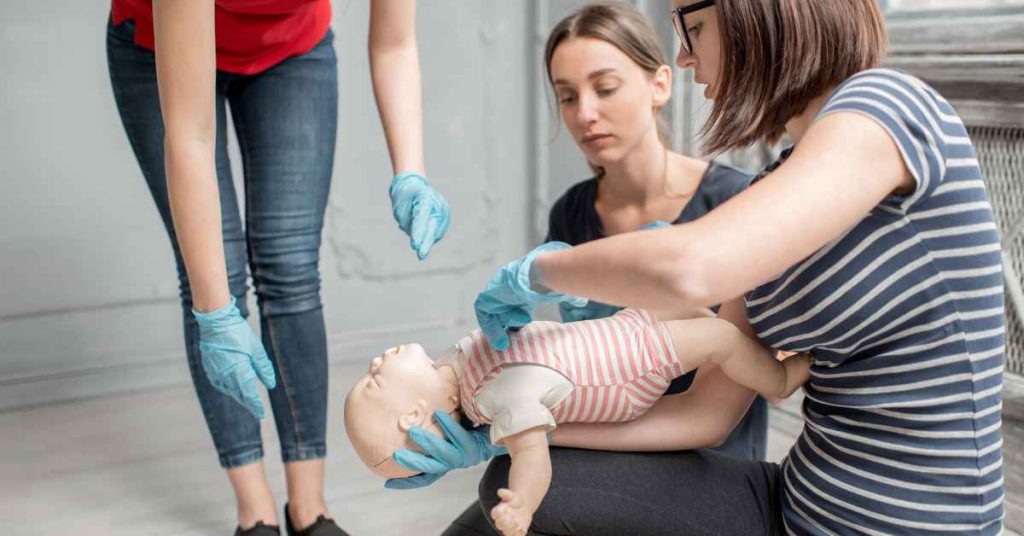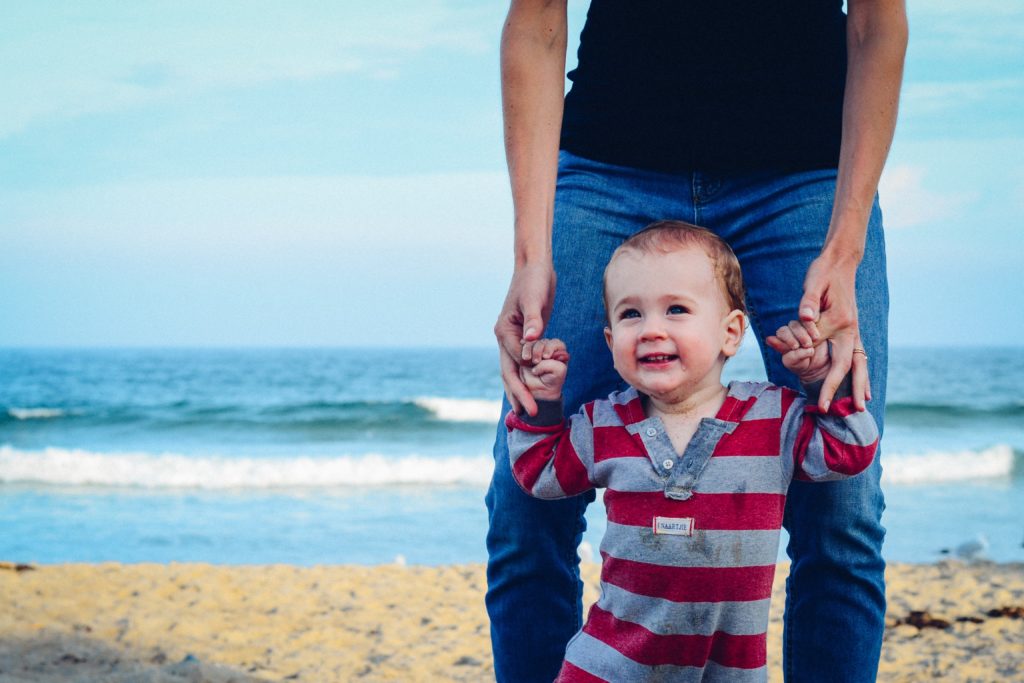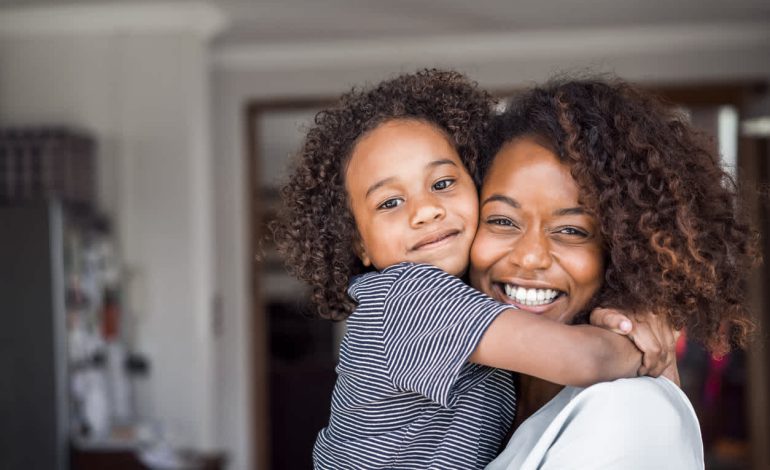My Cart(0)
First Aid Skills Every Parent Should Master

Introduction
Parenthood is a journey filled with joy, love, and countless precious moments. Alongside the joys, however, come the responsibilities of keeping our little ones safe and healthy. As parents, knowing essential first aid skills is paramount, as accidents can happen when least expected. In this comprehensive guide, we'll delve into six vital first aid skills that every parent should know to handle emergencies confidently and effectively.

- Managing Minor Cuts and Scrapes
Minor cuts and scrapes are common occurrences in childhood, especially during playtime or outdoor activities. Knowing how to properly clean and dress these wounds can prevent infections and aid in quick healing. First Aid for Life suggests cleaning the wound with mild soap and water, then applying an antiseptic ointment before covering it with a sterile bandage. Remember to reassure your child and provide comfort throughout the process to ease any anxiety.
- Dealing with Burns
Burns can happen from hot surfaces, liquids, or even sun exposure. Understanding how to provide immediate care for burns is crucial. Online First Aid advises cooling the burn under cold running water for at least 10 minutes to alleviate pain and reduce swelling. For minor burns, apply a sterile dressing, while more severe burns may require medical attention. Avoid using ice, butter, or oil on burns, as they can worsen the injury.
- Recognizing Signs of Choking
Choking is a frightening experience for both children and parents. Knowing how to recognize and respond to choking can save lives. Verywell Family highlights the importance of remaining calm and assessing the severity of the situation. For mild choking, encourage your child to cough to dislodge the object. In cases of severe choking, perform abdominal thrusts (Heimlich maneuver) on children over one year old. It's crucial to learn these techniques from certified sources to ensure proper execution.
- Administering CPR (Cardiopulmonary Resuscitation)
CPR is a life-saving skill that every parent should learn. In the event of cardiac arrest or drowning, immediate CPR can sustain blood flow to vital organs until medical help arrives. Online First Aid recommends starting CPR with 30 chest compressions followed by two rescue breaths for infants and children. Remember to call emergency services as soon as possible and continue CPR until help arrives or the child shows signs of life.
- Managing Allergic Reactions
Allergic reactions, especially to foods, insect stings, or medications, can be severe and require prompt intervention. First Aid for Life emphasizes the importance of recognizing the signs of an allergic reaction, such as hives, swelling, difficulty breathing, or vomiting. If your child has a known allergy, always carry an epinephrine auto-injector (e.g., EpiPen) and know how to use it in case of an emergency. Seek immediate medical attention if symptoms worsen or if your child experiences anaphylaxis.
- Handling Head Injuries
Head injuries are common among active children and require careful observation and assessment. Verywell Family advises monitoring your child for symptoms of a concussion, such as headache, dizziness, nausea, or changes in behavior. If your child experiences a head injury, apply a cold compress to reduce swelling and observe for any signs of neurological impairment. Seek medical attention if the injury is severe or if symptoms persist.

Conclusion
As parents, our top priority is the safety and well-being of our children. Equipping ourselves with essential first aid skills empowers us to respond confidently and effectively in times of emergency. Whether it's managing minor cuts, recognizing signs of choking, or administering CPR, these skills can make a crucial difference in saving lives. I encourage every parent to prioritize learning and practicing these skills through certified first aid courses or workshops. By investing in our knowledge and preparedness, we can ensure a safer environment for our children to grow, explore, and thrive.
unsubscribe at any time without costs.










